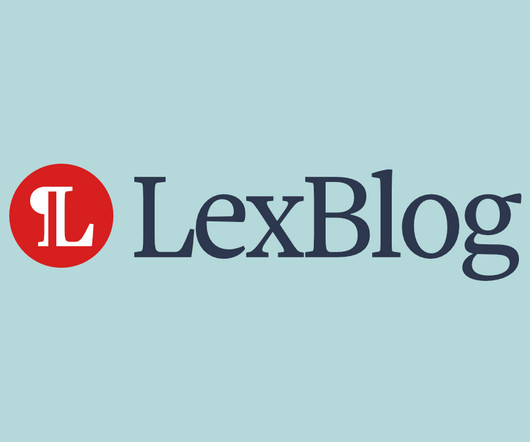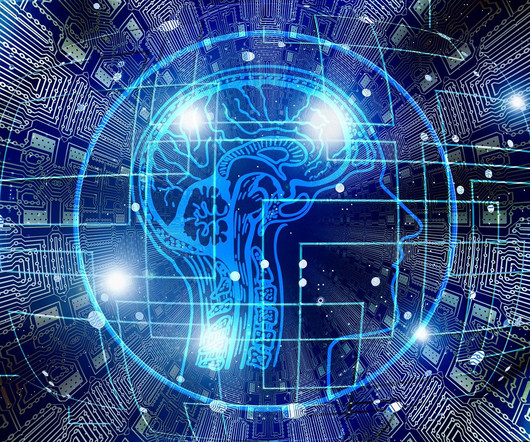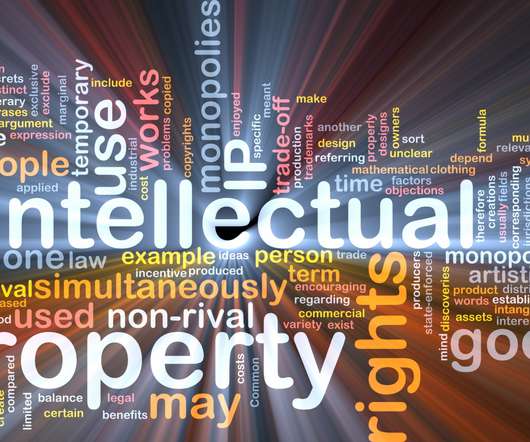SCOTUS Denies Cert in Thaler – The Thorny Issue of AI Inventorship
LexBlog IP
APRIL 25, 2023
The Supreme Court yesterday declined to hear a case brought by a computer scientist whose “invention” was in fact created by artificial intelligence. Stephen Thaler was appealing a Federal Circuit decision that interpreted the Patent Act to require a human “inventor” for purposes of obtaining a patent.













Let's personalize your content